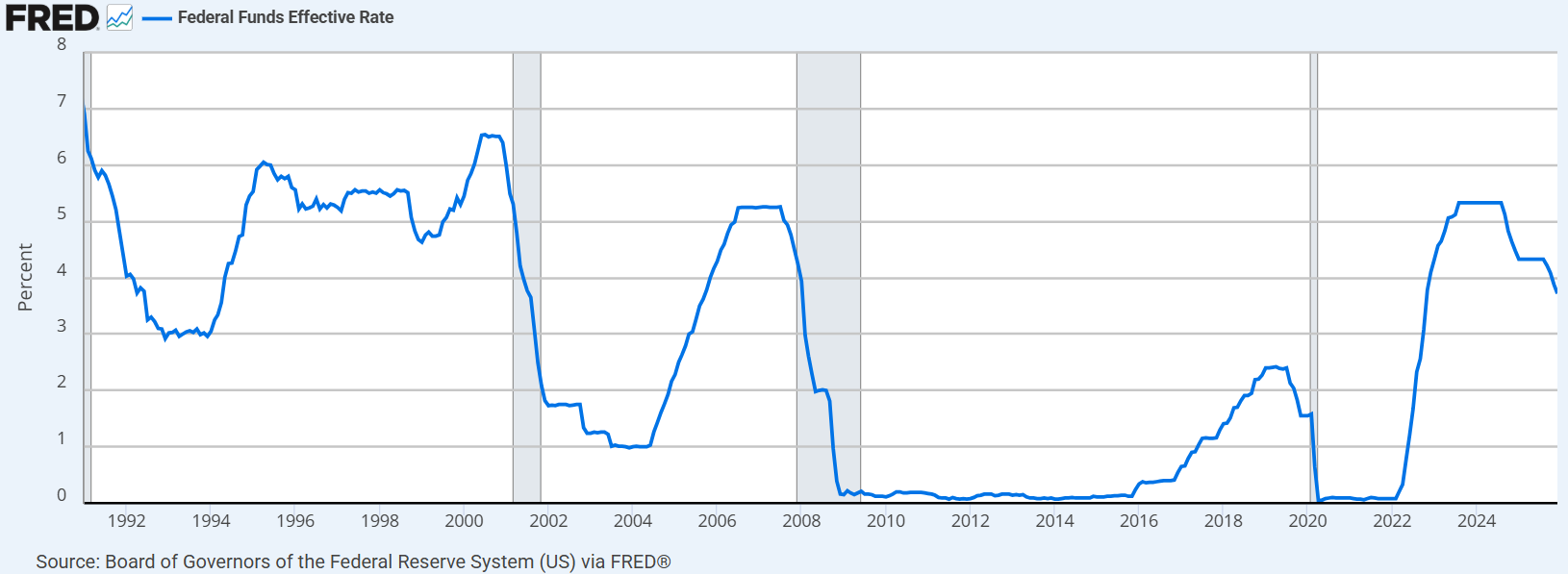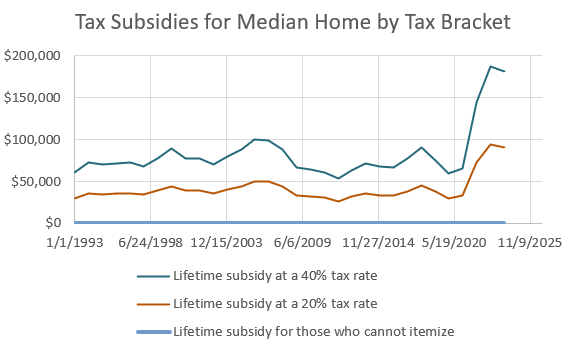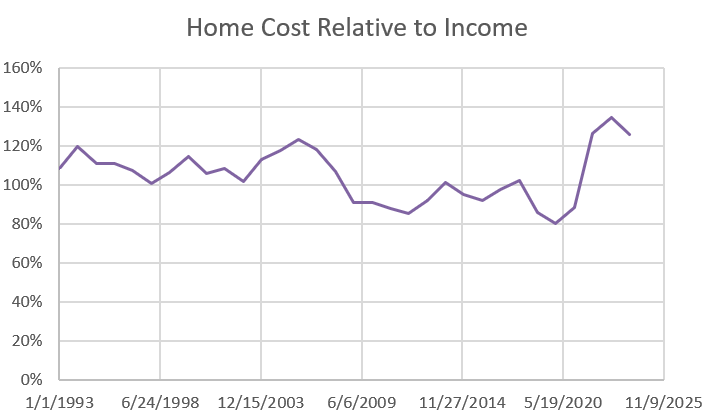Colin Read • October 11, 2024
The Rewards and Risks of AI - October 13, 2024

(graph courtesy of “Projecting the Electricity Demand Growth of Generative AI Large Language Models in the US
Blog by Taiba Jafari, Olexandr Balyk, Lewis (Zhaoyu) Wu & James Glynn • July 17, 2024, Center on Global Energy Policy at Columbia University)
This week the Nobel Prize committee sent out a strong but cautionary message about Artificial Intelligence (AI). Their prize in physics was awarded to prominent researchers who devised methods to more efficiently glean information from data that may otherwise appear random. A second team of chemists was awarded a Nobel for their work to use AI methods to identify the structure of proteins.
I say cautionary because, although these awards show the promise of AI for the betterment of humanity, the most prominent AI pioneer who received the award, Geoffrey Hinton, was hired by Google to advance AI techniques, but subsequently quit out of a concern that AI will not typically be used to advance humanity, and may even become so all-powerful that machines will one day control humankind rather than the other way around.
Hinton noted, “"I wish I had a sort of simple recipe that if you do this, everything’s going to be okay. But I don’t." That is an ominous warning from what are usually optimistic Nobel recipients. It harkens back to the founder of the prizes himself. Alfred Nobel developed dynamite because he saw a value in its explosive power to help build a world in the likeness of human ingenuity. He regretted to his dying days the diversion of his invention to military use and the killing of humans. Hinton echoes that cautionary tale today.
How is it, then, that AI techniques and machines designed to assist human creativity and potentially help us discover drugs, cure cancer, and reduce human toil could possibly be diverted to control and profit from the brows of human toil?
Just follow the money.
AI is expensive. Already hundreds of billions of dollars are being invested in the fabrication of special chips optimized to perform the intense data processing necessary for AI and to build out the facilities that will house these chips. Trillions more will follow. Chipmaking companies such as NVIDIA, AMD, and Cerebras are profiting from designing and fabricating these amazing human-created wafers of silicon.
But, just like the Gold Rush, often the good money is in supplying and provisioning the miners, not in the mining itself. And, just like the wild west of gold mining, or the modern day wild west of bitcoin mining, there has been a huge entry of capital not to generate artificial intelligence itself, but to buy the electricity allotments necessary to power the machines.
Just as we saw, and still see, with bitcoin mining, huge and deep-pocketed corporations are buying up every last electron of electricity allotments they can find. Some are making arrangements to purchase the vast share of electricity from new nuclear power plants that are just coming online. When Elon Musk opened his new AI facility in Memphis, he could not immediately secure the power he needed so he resorted to running the plant off diesel electric generators, a method that competes with coal as one of the most greenhouse gas emitting power sources. Others are designing and proposing to build new nuclear plants to solely meet the needs of the ever-growing network of AI chips designed to devour our data and spew out ... wait for it ... profits for themselves.
We should not be surprised that these megacorporations seek such an essential factor of production as electricity to run processes that generate profit. That is the free market system. You see, AI can’t be about bettering humankind when it requires the capital equivalent to the output of entire nations to build and run the AI machines. Just as in bitcoin mining, these machines require vast amounts of electricity just to make their models work. And these models will be employed in whatever way is most profitable.
This is one concern of Hinton. Applications that can turn the greatest and quickest profits will take precedence over those that may actually make a far greatest contribution to humanity.
Let us take a tangent for a moment and discuss the economic model that best describes AI and bitcoin mining. An aptly-named economic model labeled monopolistic competition was developed in 1933 by U.S. economist Edward Chamberlin to describe what happens when large monopolistic companies (such as Google, OpenAI, Microsoft, and Apple) each vie for a share of a growing and lucrative economic pie such as the output of AI models.
This pie is immense. Goldman Sachs recently estimated that AI will replace or degrade 300 million jobs and will almost triple growth in economic output. This amounts to trillions of dollars of new revenue to a lucky few AI corporations every year.
Certainly the stock market has determined this will be very good for NVIDIA, which has become the second largest company on the planet because of their ability to build some of the chips AI needs.
But why has NVIDIA grown and the Googles, Microsofts, Apples and OpenAIs not so much or so fast? Because these others are oligopolies that compete with one another. Each has exceeded significant technological hurdles with the excellent AI models to run, and each of them will share in the revenues AI generates for products for which there are few substitutes. In their competition with each other, their profits will be dissipated in the purchase of increasingly vast amounts of power necessary to run the rapidly growing AI networks to ensure they maintain their market shares.
This is the monopolistic competition model. We know that the purveyors of AI will not give their services away for free. If they can replace 10% or 20% of the economy in the near future (and even more later), they will also ensure that 10-20% of the revenues flow to them (instead of us) so they may purchase the electricity to stay in the game.
That is the insidious thing about monopolistic competition. To try to maintain their relative position in this grand and lucrative oligopoly, they will each build, build, build and buy up more, more, more electricity. You see, once they all have similar AI models and similar AI chips, the only variable with which to compete is electricity, which acts as the pay-to-play ticket to this AI lottery. This is the same mechanism that causes bitcoin mining (but not the recording of transactions for almost all other crypto coins) to consume ever more electricity as the price of bitcoin rises, despite any improvements in chip technology.
If we are talking massive productivity gains, all of which is capitalized by these oligopolies in competition, this will feed into ever-increasing demand for electricity.
Who is going to pay for all that electricity? It will not be a little lab in Little Rock inventing a new protein. It will be commerce - capitalizing on better surveillance of us, better anticipation of what we might do next or what we might want to purchase even before we know it, more sophisticated scams, better use of our medical information, our driving habits, our insurance risk, our health risks, our identities, maybe even some day our soul. We will have to feed the electricity beast, so commerce will have to move into hypermode to figure out how to profit from AI.
Sure, there will be some crumbs left over for physics and chemistry, biology, and medicine. Some will be able to purchase the AI time, and maybe the corporations who control it will even throw them a bone here and there. After all, that was once the model of OpenAI (hence the name), a non-profit that promised to use AI to better humankind, until Sam Altman, its charismatic leader, realized there is more in it for him to turn OpenAI into a for-profit corporation, much to the chagrin of early contributors to the project, and to the former head of AI for Google, Nobel Prize winner Geoffrey Hinton.
We best beware of this dangerous new world. On Thursday night I searched Youtube to view the scheduled Tesla new product announcement event. Elon Musk was an hour late in starting. Some scam artist substituted in its place an AI-faked presentation claiming to be Elon Musk. The video appeared to be Musk, it was his voice, and he stated as a preamble to his presentation that he wanted to engage more people in crypto. To spread the word, he asked viewers to send him up to one bitcoin. For that, the AI-generated Musk promised to send back double.
It is not difficult to trace bitcoin transactions. I viewed a couple hundred transactions over the following twenty minutes. To my horror, I could see that, in the few minutes that followed, bitcoin addresses sent about $100,000 to the address the AI-faked video encouraged. Such AI scams are almost impossible to detect, and consumers are not being protected by such social media outlets as Youtube, which is owned by Google. The energy AI uses, and causes our electricity rates to rise as utilities must clamor to produce more supply, is being turned on us rather than used to better humankind.









